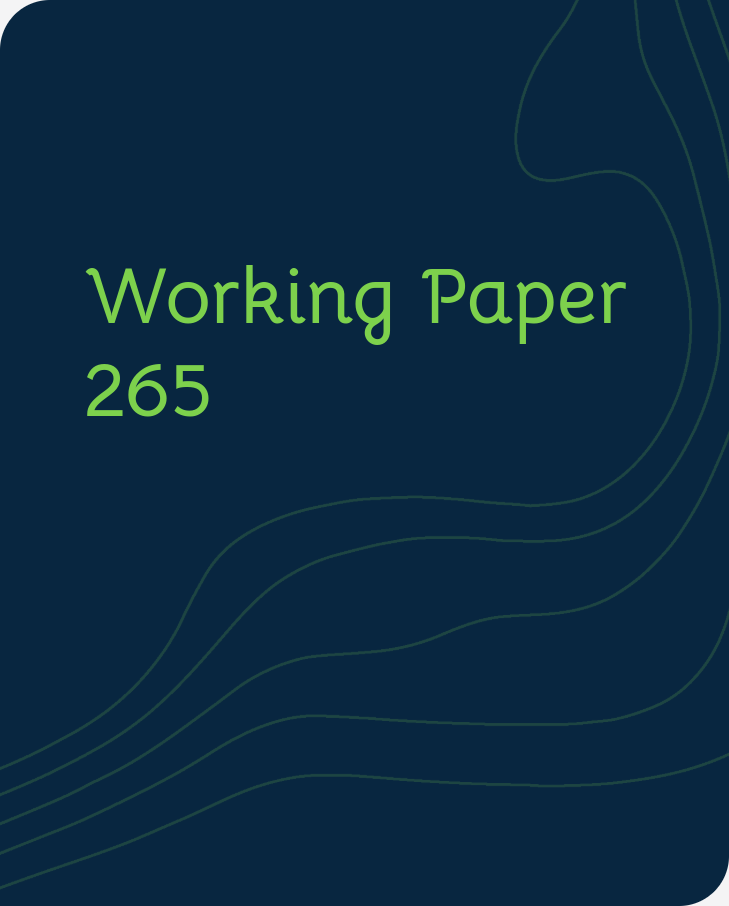Publication
Transition Report
Reform progress and transition indicators
Who we are
Overview: about the EBRDWho we are
Overview: about the EBRD
Learn about the EBRD's journey to investing more than €220 billion in over 7,800 projects.
What we do
Overview: how the EBRD operatesWhat we do
Overview: how the EBRD operates
Across three continents, the EBRD supports the transition to successful market economies.
Work with us
Overview: how you can work with the EBRDWork with us
Overview: how you can work with the EBRD
We draw on three decades of regional knowledge and financial expertise to tailor our products and approaches to each client's needs.
January, 2022

By Alexander Plekhanov and Marta Skrzypińska
This paper sheds light on the effectiveness of policies addressing high non-performing loans (NPLs). Using data on ownership of subsidiaries of foreign banks in Emerging Europe, we first show that changes in NPLs of parent banks are associated with changes in NPLs of their foreign affiliates, with elasticity of around 0.25. The transmission is driven primarily by transfer of knowledge within banking groups and possibly by the workings of internal capital markets, while the evidence on the importance of consolidated supervision is inconclusive. We then combine a novel dataset on policies deployed to address high levels of NPLs in a large number of countries over the period 1990-2015 with bank-level data to assess the impact of various NPL policies on bank affiliates operating in foreign jurisdictions. The difference-in-difference identification strategy exploits the arguably exogenous timing of introduction of policies abroad. Establishment of asset management companies (AMCs) with the view to develop a secondary market for impaired loans is associated with a 15 percent per annum reduction in the stock of NPLs over several years. We do not find consistent cross-border effects of financial sector bailouts, macroprudential tightening or changes in rules governing loan classification and provisioning. The social benefits of asset management companies established to reduce NPLs may be larger than previously thought – on account of positive cross-border spillovers.
For media enquiries related to this working paper, please contact Ksenia Yakustidi, Media Adviser at the EBRD’s Office of the Chief Economist
YakustiK@ebrd.com
All Working Papers
The Working Paper series seeks to stimulate debate on transition in the EBRD regions.
